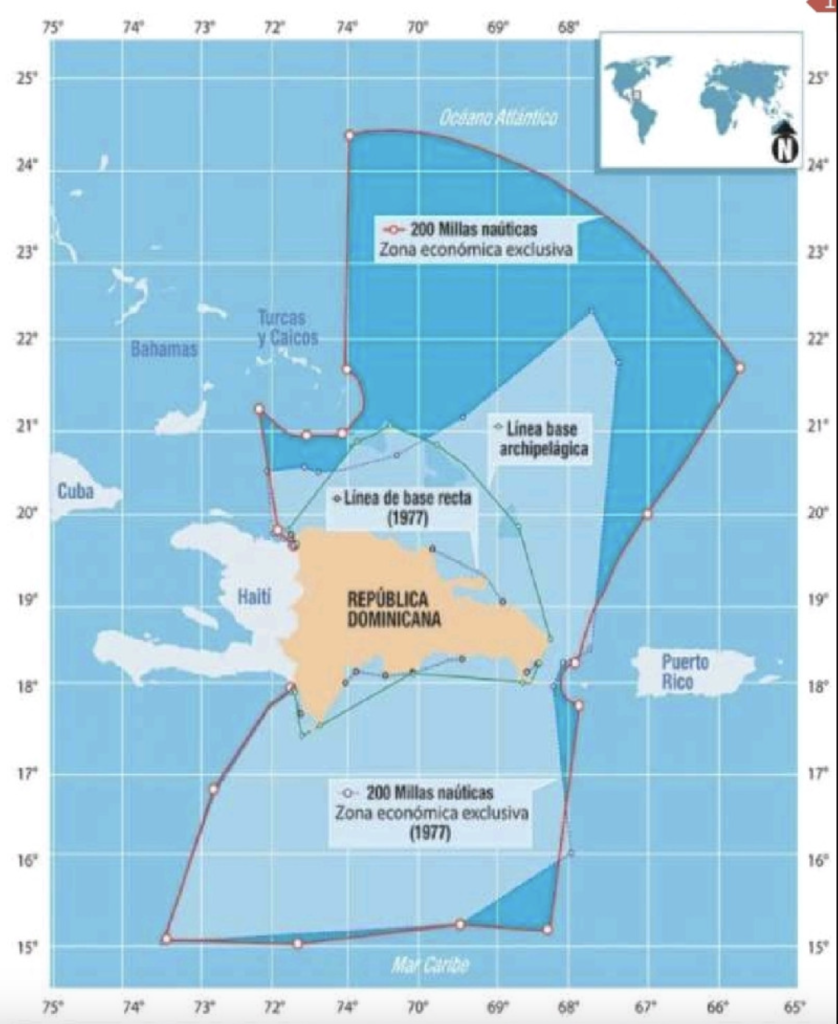
The Dominican Republic’s Constitutional Court has upheld a maritime border agreement with the Netherlands, despite dissent from four of its judges. The ruling finalizes the delineation of maritime boundaries between the two nations in the Caribbean Sea.
The controversial agreement, signed in 2021, establishes a new maritime border based on the equidistance principle, which divides the maritime area between the two countries by drawing a line equidistant from the nearest points of their baselines.
Four justices had expressed their disagreement with the majority decision, arguing that the agreement fails to recognize the Dominican Republic’s status as an archipelagic state. This classification would have granted the country additional rights to its surrounding waters, including potentially larger exclusive economic zones.
Judge José Alejandro Vargas Guerrero, one of the dissenting justices, stated: “We disagree with the majority’s position because we believe that this agreement should never have been declared constitutional, as it is unfavorable to the nation’s maritime interests.”
The Ministry of Foreign Relations had previously hailed the agreement as a significant step in strengthening bilateral relations and providing legal certainty for maritime activities in the region. The Ministry emphasized that the equidistance principle was a fair and equitable method for delimiting maritime boundaries.
As reported in Listin Diario, the ruling has far-reaching implications for the Dominican Republic, as it will shape the country’s maritime rights and influence future negotiations with other neighboring states. The decision also highlights the complex legal and political considerations involved in maritime boundary delimitation.
Read more in Spanish:
Listin Diario
21 October 2024

